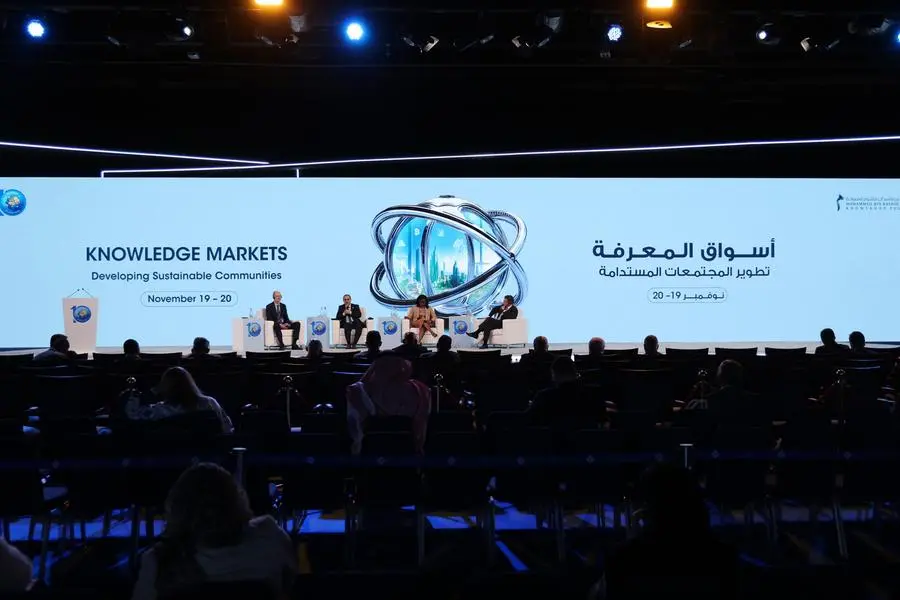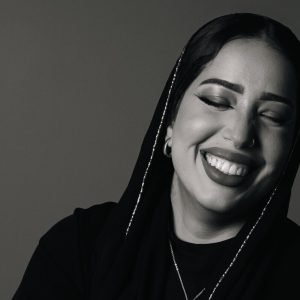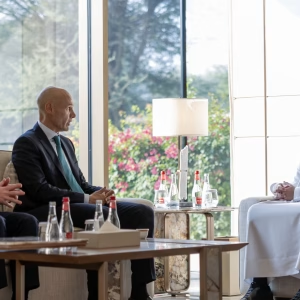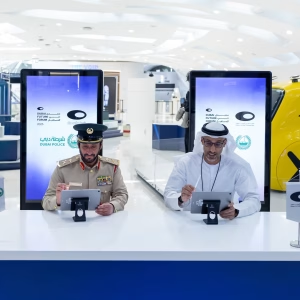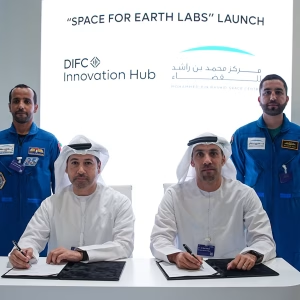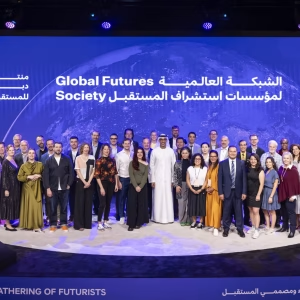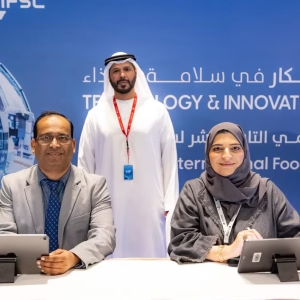The United Arab Emirates has once again strengthened its position as a regional leader in education, innovation, and sustainable development. At the 10th Knowledge Summit hosted at the Dubai World Trade Centre, the UAE was named the top-performing Arab nation in the Global Knowledge Index (GKI) for 2025. This recognition reflects the country’s long-standing commitment to building a knowledge-driven economy and empowering communities through education, technology, and research.
The announcement came during a dedicated Global Knowledge Index launch session at the summit. Developed by the Mohammed bin Rashid Al Maktoum Knowledge Foundation in partnership with the United Nations Development Programme, the index evaluates countries on indicators related to education, information technology, research, economy, and innovation. The UAE’s strong ranking shows how national strategies focusing on human capital and digital transformation have translated into measurable progress.
UAE Leads the Arab World in Knowledge Development
Securing first place among Arab countries in the GKI is a testament to the UAE’s continuous efforts to modernise its institutions and create an environment where learning, innovation, and research can thrive. Over the years, the nation has introduced reforms in the education sector, encouraged investment in research and development, and launched national strategies aimed at building a resilient knowledge economy.

Saudi Arabia ranked second among Arab nations, followed by Qatar in third. On the global stage, Switzerland led the index, with Singapore and Sweden also securing top spots. These global leaders set high benchmarks, offering the UAE additional insight into areas where it can further enhance performance and competitiveness.
Insights from the Knowledge Summit Panel
A panel discussion titled Global Knowledge Index Launch brought together experts to break down the findings of the latest index. They highlighted the strengths and challenges countries face in building knowledge-based societies.

Addressing Gaps in Education and Data
Dr. Hany Torky, Chief Technical Adviser and Project Manager of the Knowledge Project at UNDP, spoke about the importance of reliable data from the education sector. He highlighted that some countries still struggle with data collection and monitoring, which affects their ability to measure progress accurately. He explained that the GKI was designed to help nations learn from one another and adopt successful practices.
Dr. Torky emphasised that the modern world enables faster transfer of knowledge, making universal internet access essential. In his view, every person should have the opportunity to access information, learn new skills, and contribute productively to society.
Using Knowledge to Shape National Policies
Pedro Conceição, Director of the Human Development Report Office at UNDP, explained that the GKI helps governments understand their strengths and weaknesses. He noted that countries often use such reports to plan strategies, implement reforms, and identify improvement areas.
He highlighted the importance of comparison, stating that knowing how other nations perform encourages governments to adopt better policies. According to him, knowledge becomes meaningful when it is used by communities, institutions, and policymakers working together to create sustainable progress.
The Role of Universities and Research
Her Excellency Dr. Haja Ramatulai Wurie, Minister of Technical and Higher Education of Sierra Leone, discussed the importance of universities in fostering innovation and community engagement. She explained that higher education institutions must focus on research, teaching, and social development.
She added that knowledge is an essential tool for shaping national policies and driving development. However, she expressed concern that many developing countries are not fully investing in knowledge-driven strategies. She urged nations to give greater importance to research, innovation, and education to ensure long-term sustainability.
Why the UAE Continues to Excel
The UAE’s top ranking within the Arab world is not only a result of technological growth but also a reflection of strong strategic planning and long-term vision. Several key factors contribute to the country’s performance.
Advanced Education System
The UAE has made major investments in transforming its education sector. Schools and universities across the country offer modern curricula, digital learning systems, and diverse learning pathways. Continuous improvements in teacher training, assessment methods, and academic standards have strengthened the overall learning environment.
Strong Digital Infrastructure
A significant contributor to the UAE’s knowledge leadership is its rapid adoption of technology. The country’s digital transformation agenda has resulted in smart government services, national AI strategies, and widespread digital literacy initiatives. These efforts support both public and private sector innovation, encouraging a future-ready society.
Research and Innovation Investments
The UAE has increased research and development spending in areas such as renewable energy, space exploration, biotechnology, and artificial intelligence. Initiatives like the Mars Mission and various national innovation programs have helped raise the country’s profile on the global stage. These projects encourage collaboration, inspire youth, and build a scientific culture within the community.
National Vision and Leadership
The UAE’s Vision 2031 and Vision 2071 place innovation, education, and human development at the core of national progress. This long-term planning ensures continuity, stability, and clear direction. Government-led initiatives encourage public and private sectors to work together toward shared goals, strengthening the nation’s knowledge ecosystem.
The Importance of Knowledge in Future Development
Knowledge has become one of the most valuable assets for any country. It shapes economic strategies, influences policymaking, and supports sustainable growth. A nation that invests in knowledge is better equipped to adapt to global changes, deal with challenges, and build inclusive and productive societies.
The Knowledge Summit highlighted that knowledge must be accessible, flexible, and relevant to community needs. It must also be supported by strong institutions that encourage collaboration and research. The UAE’s experience shows how strategic investment in knowledge can transform a nation within a short span of time.
What the UAE’s Achievement Means for the Region
The UAE’s position in the Global Knowledge Index 2025 sends an important message across the Arab region. It shows that the future of development lies in education, research, and technological advancement. It also demonstrates that long-term planning and leadership commitment can lead to significant improvements in national performance.
As other countries in the region continue to reform their education and research sectors, the UAE’s journey can serve as a powerful example. The nation’s success highlights the importance of embracing digital transformation, investing in human capital, and creating opportunities for innovation.
Conclusion
The UAE’s recognition as the top Arab nation in the Global Knowledge Index 2025 is a milestone achievement that reflects decades of investment, planning, and dedication. With an advanced education system, strong digital ecosystem, and forward-looking national strategies, the UAE continues to lead the region in shaping a knowledge-based future.
As the world becomes more interconnected and innovation-driven, the UAE stands prepared to build on this success, strengthen partnerships, and continue developing sustainable communities powered by knowledge, creativity, and human potential.
Do follow UAE Stories on Instagram
Read Next – Globe Soccer Awards 2025: Dubai Opens Voting for Top Football Stars

